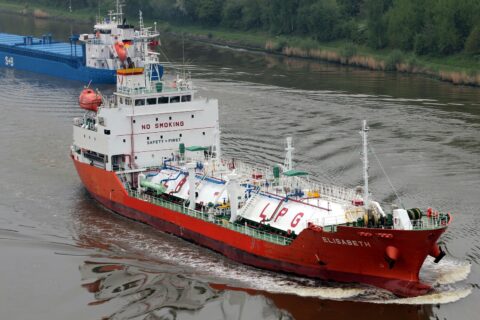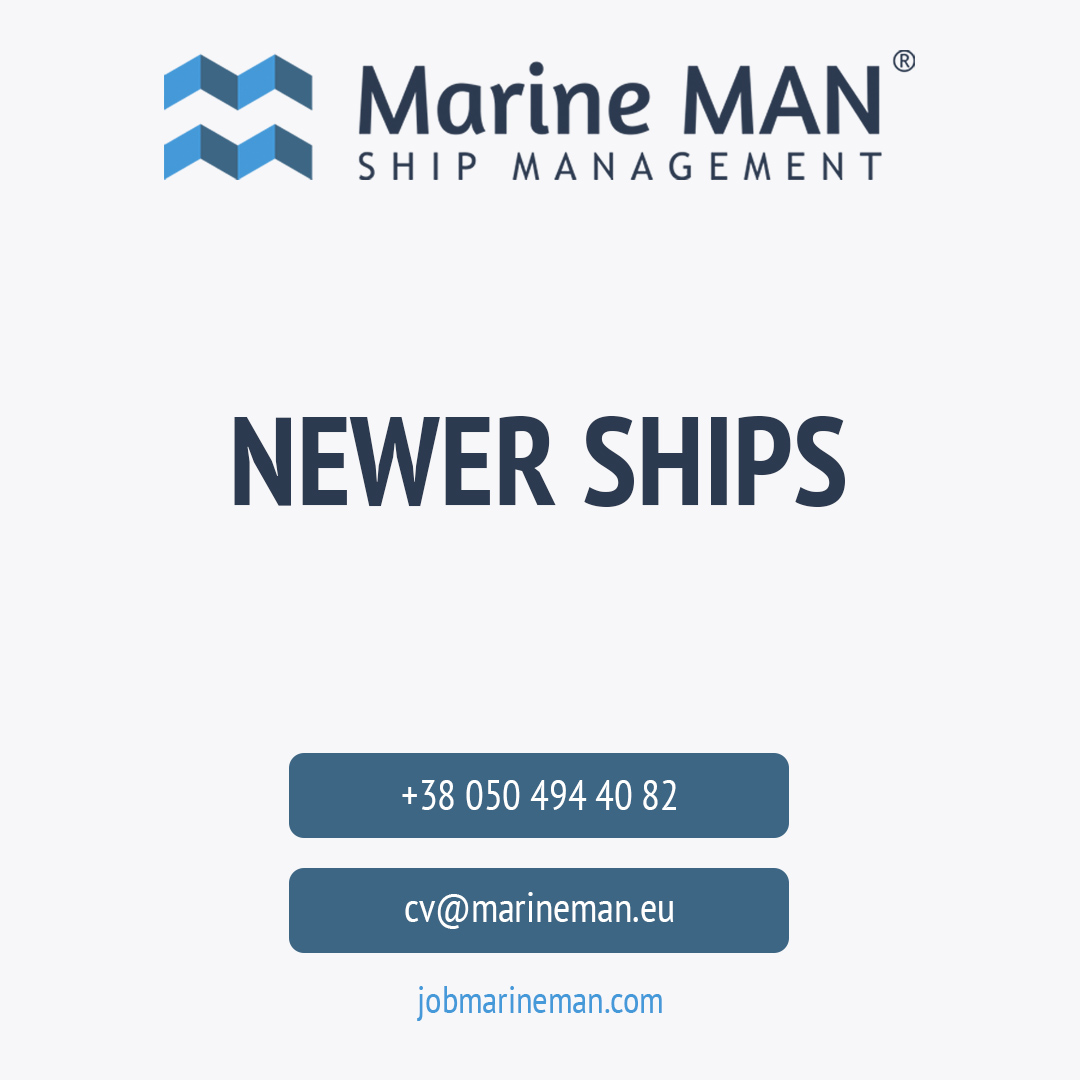Work on gas carriers, with or without experience

Automatic translation
If you open any website with offers from crewing companies, it immediately catches your eye that the crew members of LPG / LNG carriers pay a little higher than on other ships. We have already considered the approximate spread in salaries depending on the type of vessel and now we will dwell in more detail on working at sea on LPG / LNG vessels.
Work at sea on LPG / LNG vessels
So, the first factor that attracts seafarers to work on such ships is, of course, payment. Even a quick glance at the vacancies gives an idea that you can make very, very good money on these ships. Moreover, this conditional increase is valid even when applied to members of the rank and file, which cannot but tempt new seafarers.
The second factor is the absence of a shortage of offers from crewing and shipowners. This is due to the fact that tankers and gas carriers are very large vessels. And the larger the ship, the naturally more hands are needed to service it.
The third factor is perhaps the best working conditions. Many seafarers with experience of working at sea on gas carriers, note the presence of separate cabins, the presence of Internet access, saunas and many other joys of life. But convenience is not limited to purely individual "goodies" - the fact is that modern tankers, for the most part, are automated systems with minimization of the human factor. Therefore, it is much easier and more pleasant to work on such ships.
The fourth factor is conditional, but no less important - the availability of Internet access allows you to improve your qualifications remotely, without interrupting your work. That is, in one flight, in theory, you can get a new certificate and next time go to sea with a solid increase in your salary.
All these factors determine that working on gas carriers is a desirable place for many beginning seafarers and graduates of academies. However, not everything is so simple, unfortunately.
The threshold for entering this type of vessel is quite high. In addition to the need to acquire the appropriate qualifications, in order to get on this kind of ships, you will definitely have to master additional training programs, including training courses in loading and unloading operations (you remember that this is liquefied gas and it requires special treatment) and working with applied computer special-purpose programs. These courses can be expensive and, at the same time, take a certain amount of time to complete. And if you already have the opportunity to go on a voyage on another ship, albeit with a lower payment, not every seafarer will decide on such costs.
The second important factor is that since an explosive product is transported on LPG / LNG ships, a prerequisite is the absence of bad habits. In addition, the ship itself can be fraught with hazards that can lead to emergencies. Here, experienced seafarers recommend not forgetting to specify the year of the launching of the vessel you want to get on. The most common cause of abnormal situations on gas carriers is the failure of technical equipment, so the newer the vessel is, the less likely you will have to deal with this.
 Good knowledge of technical English
Good knowledge of technical English
And the last factor is a very good knowledge of technical English. This may seem so obvious, but on gas carriers, especially if you are applying for the position of engine room officers, you will have to fill out daily reports, where you will describe every sneeze.
Thus, working on gas carriers, although attractive, requires you to fulfill a number of requirements so that your candidacy can be seriously considered.
